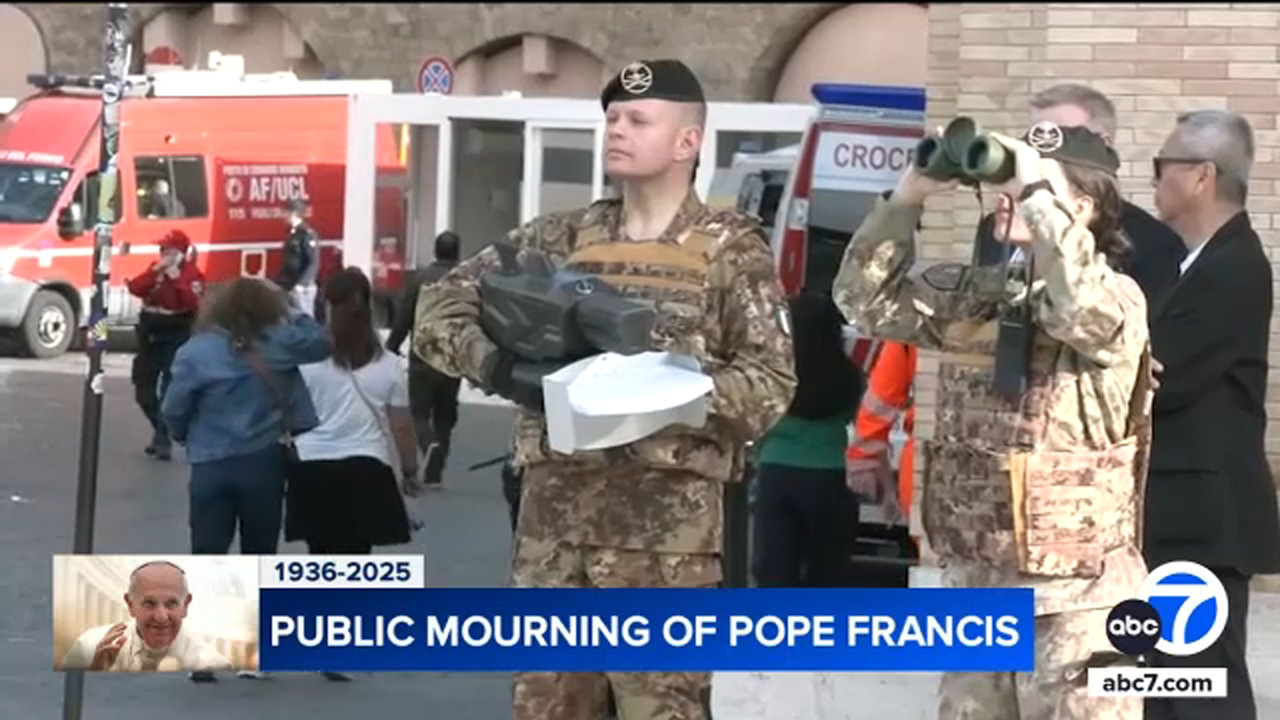Soldiers in Taliban Firefight Discuss Struggles of Life After War

The Kunar province was home to some of the most brutal fighting in the Afghanistan War, and for the soldiers of the US Army's 101st Airborne Division's No Slack Battalion, it was their battlefield.
The 400 soldiers of the No Slack Battalion were just days from going home when they took on a final fight to try to take out an al Qaeda and Taliban leader. It would be one of the most violent engagements they had ever encountered.
"When we were there, it was the Super Bowl of everything we'd trained for," said Staff Sgt. Kyle Garcia.
That battle waged for more than a week. Six men would give their lives and five Silver Stars would be awarded for valor, and 132 Taliban or al Qaeda fighters were killed, their leader forced out of the valley.
ABC News' Mike and Carlos Boettcher, a father-son reporting team, embedded with the battalion over the course of their deployment. Their original reporting, which aired on a special Memorial Day edition of "Nightline," went on to win two Emmy Awards and has now grown into the documentary "The Hornet's Nest" in theaters nationwide on June 6.
But while that battle was three years ago, every day the men who fought it feel its effects.
"It's still right there," said now retired Command Sgt. Major Chris Fields. "There's a little bit of memory that will always kind of just wake you up in the morning and then there is that all of a sudden memory, so it's still there. It's tough."
The 101st Airborne Takes On the Taliban in Afghanistan
The soldiers who were there have since come home. Some have chosen to stay in the military.
"All the training we did we saw it all laid out," Staff Sgt. Steven Galvin said. "It played out very well. We did our jobs."
But all have struggled with what happened there.
"I was just so alone you know," said Gene Delgado. "Being a combat medic is one of the toughest jobs out there, and you give everything to keep these infantry boys safe... just everything piece by piece fell apart."
Several members of the No Slack Battalion said they struggled with coming home to the warmth of their family after being through such a horrific firefight and had a hard time talking about it.
"[Operation] Strong Eagle 3 happened so close to the majority of us going home, that going from that and coming home and having your family so excited to see you. I had to relearn and figure out 'how do I even talk to my mother and father?' ... I couldn't even begin to think how to explain to them what had just happened. The hell we had just been through," said Garcia.
"How can you put into words or how can you explain to somebody who has no reference to go with?" Fields added. "They see it on TV, but you don't smell it. You don't hear it in 3-D. You don't hear it in every direction. You can't feel it."
For Fields, the darkness of what he and his men went through almost consumed him, and he said he was on the verge of taking his own life by putting a gun to his head.
"I was right there. Locked and cocked and ready to go," Fields said, but he didn't pull the trigger "because there's an NCO [non-commissioned officer] saying, you lead by example."
As a veteran, Fields has made healing his new mission.
"We are retooling and refitting for an army that is being pulled back from overseas, and we are reducing forces and reducing a lot but where we should never ever reduce on is helping the veterans refit and rearm with their families," he said.
Delgado said he is "still broken but better," thanks to the support from his fellow soldiers, but says he will never feel the same.
"I am not a civilian," he said. "I am a veteran."






